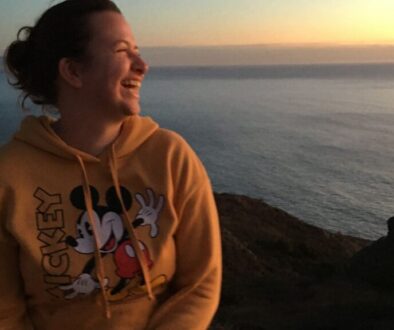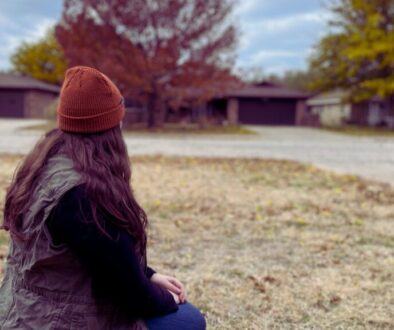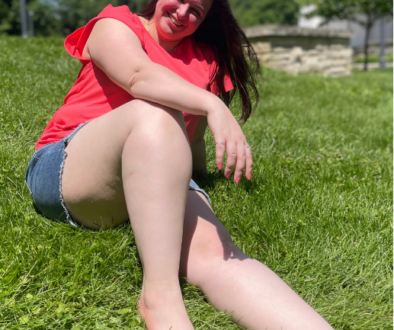Self-Reflection 101: How to Evaluate Your Life and Make Intentional Changes A Guide to Journaling, Asking the Right Questions, and Designing Your Best Life
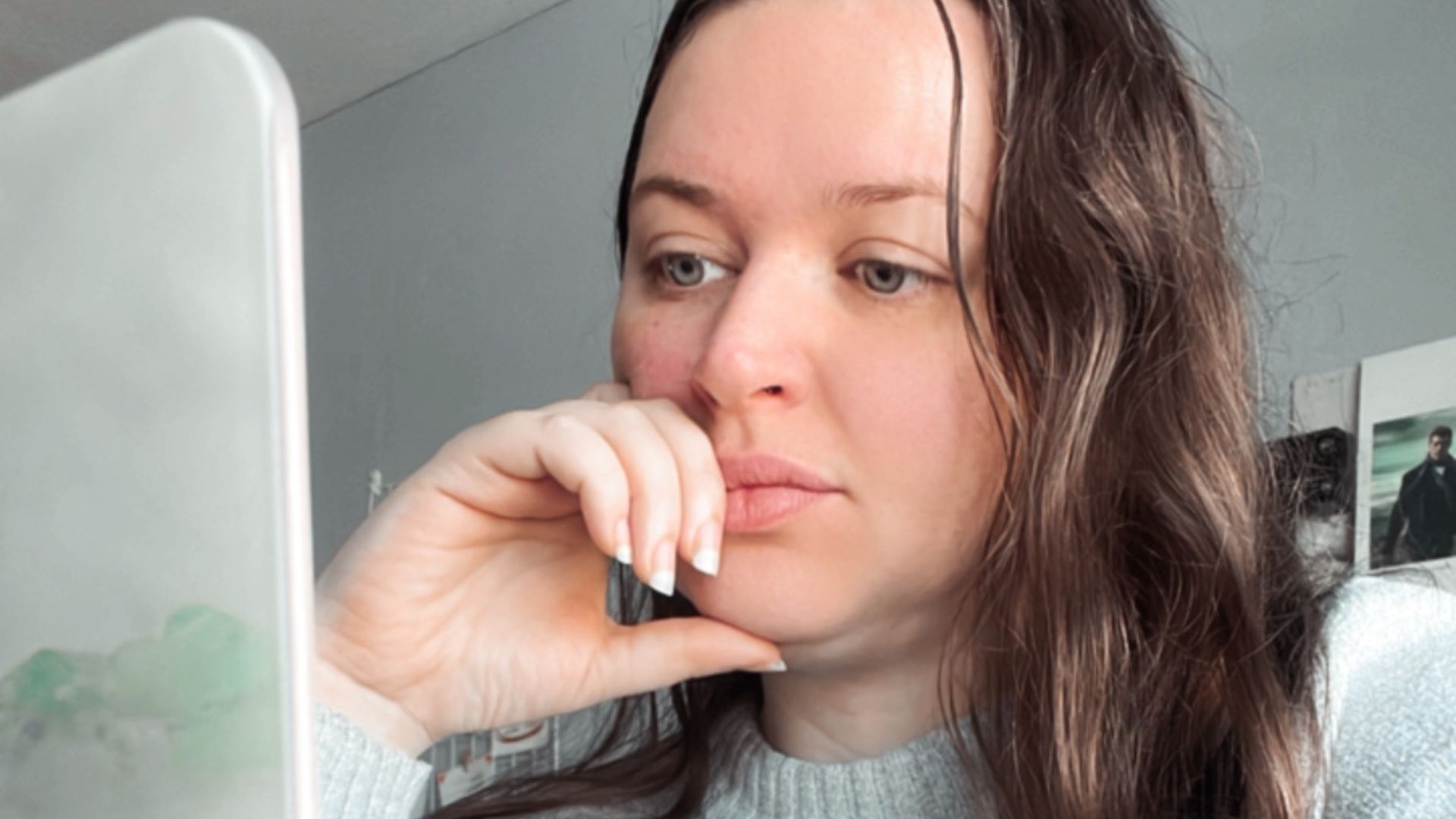
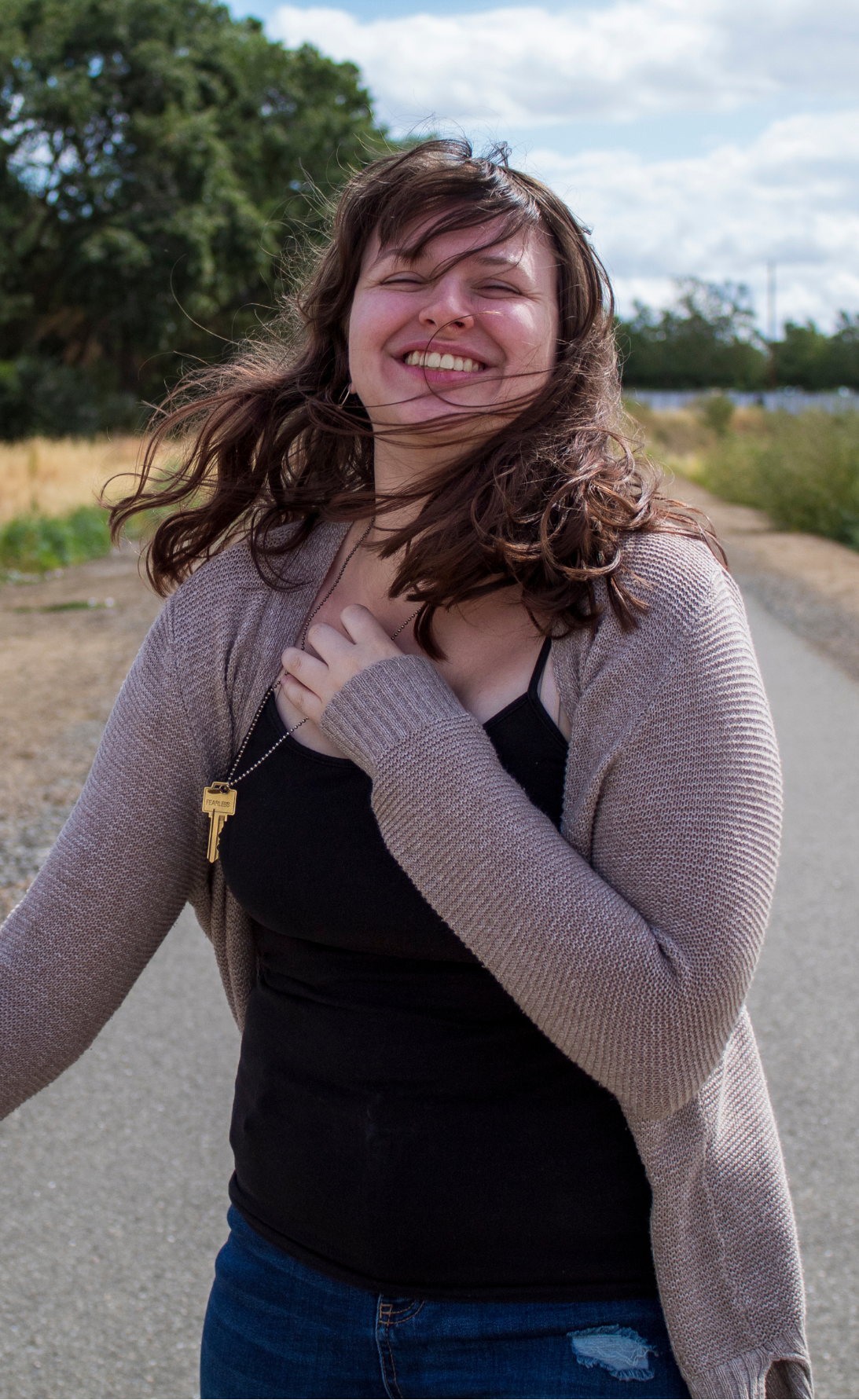
by T.L. Farris
My first book took me years of
Self-reflection can be a beautiful, helpful, and positive practice but it can also be an overwhelming, damaging and negative experience. The process of analyzing your thoughts, actions and behaviours, when it’s done right, is an invaluable tool to success. So, whether you’re a beginner or self-reflection guru we can all use a refresher on how to properly utilize reflection to become the best versions of ourselves and live the life we want.
“Preserve your memories, keep them well, what you forget you can never retell.” – Louisa May Alcott
Ask the Questions
The primary self-reflection practice in my own life, and the one I would most recommend is daily journaling. I take 10-20 minutes every night to write out my thoughts and feelings about how the day went. I write down my wins, my mistakes and at least one thing that made me smile. This is a time for me to not only reflect on the actions I took but the overall feeling of the day and then to ask questions.
Self-reflection is mostly about asking questions and getting answers. So, I ask questions as I journal:
- Why did I do that?
- Was I happy with that result? Why or why not?
- How would I score my day on a scale of 1-10?
- Would I classify my day as a win or loss?
- What can I do better or differently tomorrow?
- Did I stay aligned with my ultimate goals and dreams?
- What was the motivation behind my actions today?
- Was progress made on my big goals and dreams?
- Did I intentionally choose the day I lived today or did I allow circumstances to take control?
These questions open up an internal conversation allowing you to dig deeper into your actions, character and motivations. The better you can understand yourself and what you allow to drive you, the better you can intentionally design your life. This time for questions and reflection doesn’t have to be a daily occurrence.
Reflection + Action = Success
Instead you could have regular check-ins and evaluations. Schedule a time to read through your journal entries periodically, and ask the questions then. I love to do an annual journal review where I read through my entire journal from the past year and take time to reflect, I write out what lessons I learn throughout the year as well as anything I want to try differently in the future.
This annual journal review isn’t my only time to reflect though. If you only reflect once a year then you only give yourself one chance every 12 months to make big changes. You should have regular appointments with yourself for reflection, either weekly, monthly, or quarterly.
Because I ask my reflection questions each day and make small tweaks as I go I don’t need a larger scale reflection appointment as frequently so I’ve chosen to reflect quarterly. This means I sit down and review my previous 3 months, I look at my accomplishments and mistakes, I look at how I’ve felt this previous quarter and journal about how things went and what I want in the coming quarter. Then I craft a plan of action for the next quarter based on my reflections.
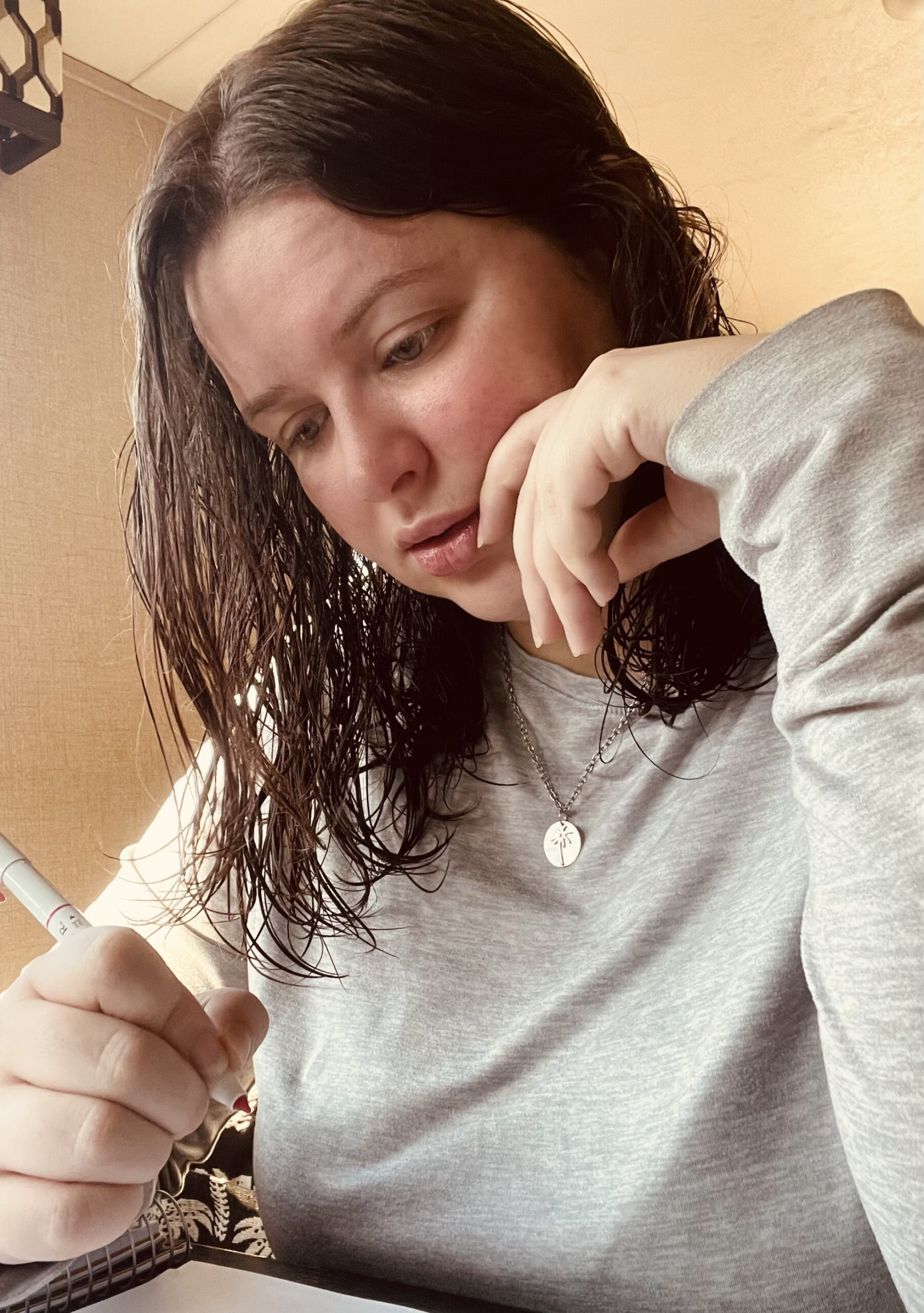
If in the previous quarter I felt very overwhelmed and I am now craving peace and a slower pace I will adjust my calendar and project deadlines to provide that. Had I not taken the time to evaluate how I was feeling and what I wanted to be feeling I most likely would have kept my calendar the same and spent 6 months overwhelmed when I could have made a few small adjustments to completely change my daily life.
The Rules
Do you see how this works? Self-reflection is a practice meant to give you your own personal guidebook on how to live your best life. It can be done at any time and will have high level results if you put in the high level effort, which starts with following the rules.
Rule #1 – The No Judgement Zone
The first rule of self-reflection is that it is a no judgement zone. If you spend your reflection time judging your past decisions, actions, motivations all you will do is hold yourself back from becoming better. Judgement keeps you locked up in looking back, self-reflection should be an opportunity for you to look back but to then move forward with what you’ve learned.
When engaging in self-reflection it must be a No Judgement Zone.

Rule #2 – Regret-less Reflection
Similarly reflecting on all of your regrets will get you nowhere new. Regret, much like judgment, keeps you stuck in the past. It will highlight your flaws, mistakes and missed opportunities but offer no solutions or lessons to learn from. Rather it’s sole intention is to make you feel bad about your previous choices, mistakes and motivations.
Self-reflection should be a time of learning, of taking past mistakes and making them mean something by using them to fuel your future success. Your reflection time should be regret-less, past missteps should be viewed as learning experiences and documented as such so you can move forward.
Rule #3 – Shut Down the Critic
Reflecting and evaluating your past experiences can feel like an opportunity to critique your previous decisions, to look at your previous actions and analyze them harshly. This isn’t necessarily regret or judgment but rather a “should have…” mentality. But, you must remember that you are now beyond these experiences and have a far clearer picture of what transpired and what all you couldn’t see at the time.
Evaluate your past experiences from the perspective you had at the time. What didn’t you know that would have been helpful? Could you have done something that could have led to you knowing that? No. Okay, then how did you do with the information you had?
Don’t be your own worst critic, reflect on how you proceeded with the available resources at the time and learn from that.
Rule #4 – Keep it Curious
So, you’re not supposed to judge. You’re not supposed to regret. And you’re not supposed to critique. What you should be doing is engaging your curiosity and exploring. Infants and children spend most of their young age learning by exploring! They discover that ice is cold when they hold it in their hand the first time. They realize that chocolate is delicious when they shove a handful of cake in their mouth on their first birthday.
Self-reflection is your time to explore and get curious about yourself. Why do you feel that way? What makes you happy? How do you want to live your life?
Asking questions, following your curiosity, exploring and experimenting will help you get the most out of your reflection and out of your life.
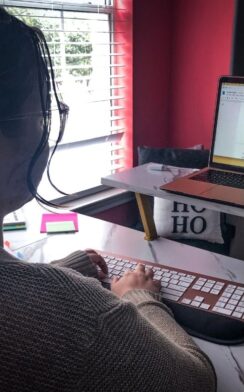
Getting Started
This all starts with journaling. You have to start documenting your experiences to be able to learn from them. I’ve found so many lessons throughout the years in my journals that I had no idea I’d learned or never would have remembered had I not taken the time to write them down and then reflect on them.
Tracking these lessons, evaluating my life experiences, and activating what I’ve learned has led to me living my dream. From what I’ve learned from those lessons and the changes I’ve made, I’ve been able to write 3 books, teach online courses, travel to foreign countries, travel to other states, reach an audience across the globe and ultimately live my purpose.
None of this would have been possible had I not learned and grown from my experiences, and made the choice to live an intentional life. If you want to do the same, start journaling today and read this article to start living an intentional life.

